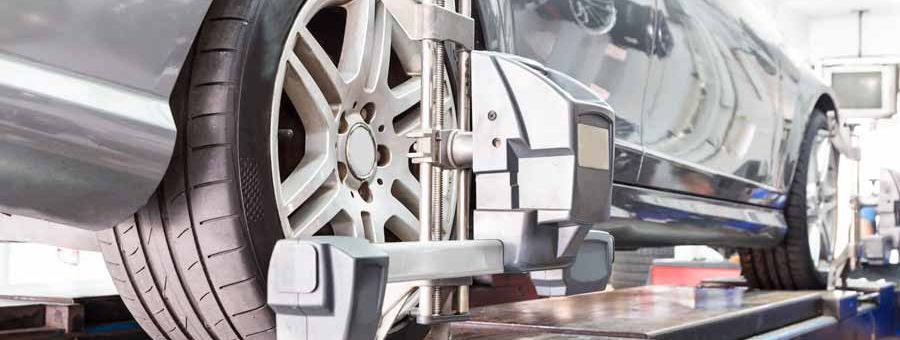How to identify common engine problems
Engines are the heart of any vehicle, and like any complex machinery, they can encounter issues over time. Understanding the common engine problems can help vehicle owners in Tallinn, especially in the Lasnamäe area, to address these issues promptly and maintain their vehicle's performance and safety.
Signs of Common Engine Problems
One of the first indicators of engine trouble is unusual noises. These can range from knocking or tapping sounds to hissing or popping noises. Such sounds often indicate issues like worn-out bearings, loose components, or exhaust system problems.
The engine warning light on your dashboard is a clear sign that something is amiss. This light can be triggered by a variety of issues, from minor sensor malfunctions to more serious problems like a failing catalytic converter.
If you notice that your vehicle is consuming more fuel than usual, it could be a sign of engine inefficiency. This can be caused by problems such as a clogged air filter, faulty oxygen sensor, or issues with the fuel injection system.
Engine stalling can be both inconvenient and dangerous, especially in traffic. It may be caused by a variety of issues, including a failing fuel pump, faulty spark plugs, or problems with the ignition system.
An overheating engine is a serious issue that can lead to significant damage if not addressed promptly. Common causes include a malfunctioning thermostat, low coolant levels, or a failing radiator.
Diagnosing Engine Problems
Start with a visual inspection of the engine bay. Look for signs of leaks, corrosion, or damaged components. Check the condition of belts and hoses, and ensure that all connections are secure.
Modern vehicles are equipped with onboard diagnostic systems that can provide valuable information about engine performance. Using an OBD-II scanner, you can retrieve error codes that help pinpoint the issue.
For a thorough diagnosis, it's advisable to consult a professional mechanic. They have the expertise and equipment to accurately identify and resolve engine problems, ensuring your vehicle remains reliable and safe.
Preventive Measures and Maintenance Tips
Regular oil changes are crucial for maintaining engine health. Fresh oil ensures proper lubrication, reduces friction, and helps prevent overheating.
Replacing air and fuel filters at recommended intervals helps maintain engine efficiency and prevents contaminants from causing damage.
Regularly check and top up essential fluids such as coolant, brake fluid, and transmission fluid to ensure optimal engine performance and prevent overheating.
Adhering to your vehicle's maintenance schedule for tune-ups can help catch potential issues early and keep your engine running smoothly.






Comments (0)